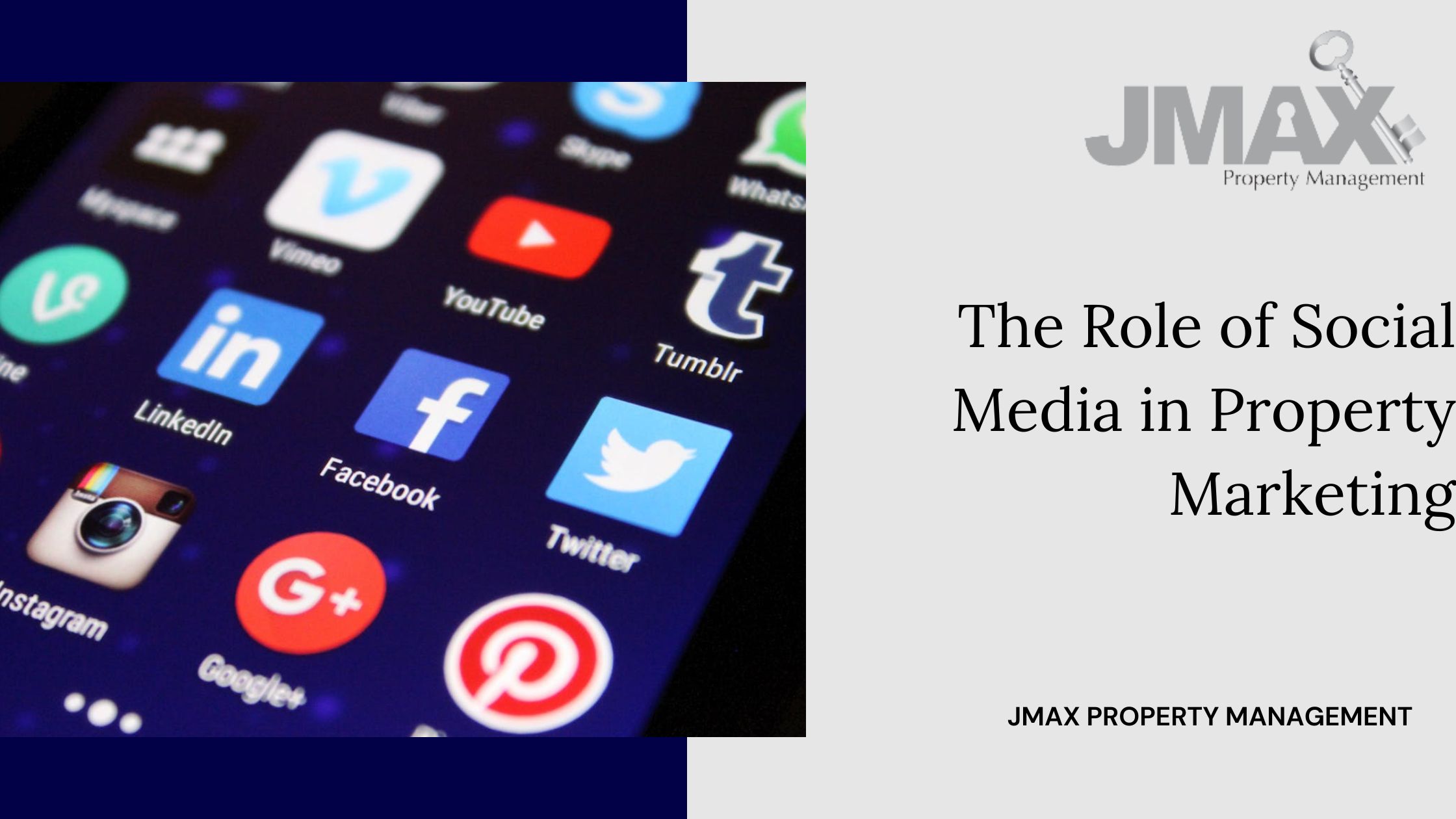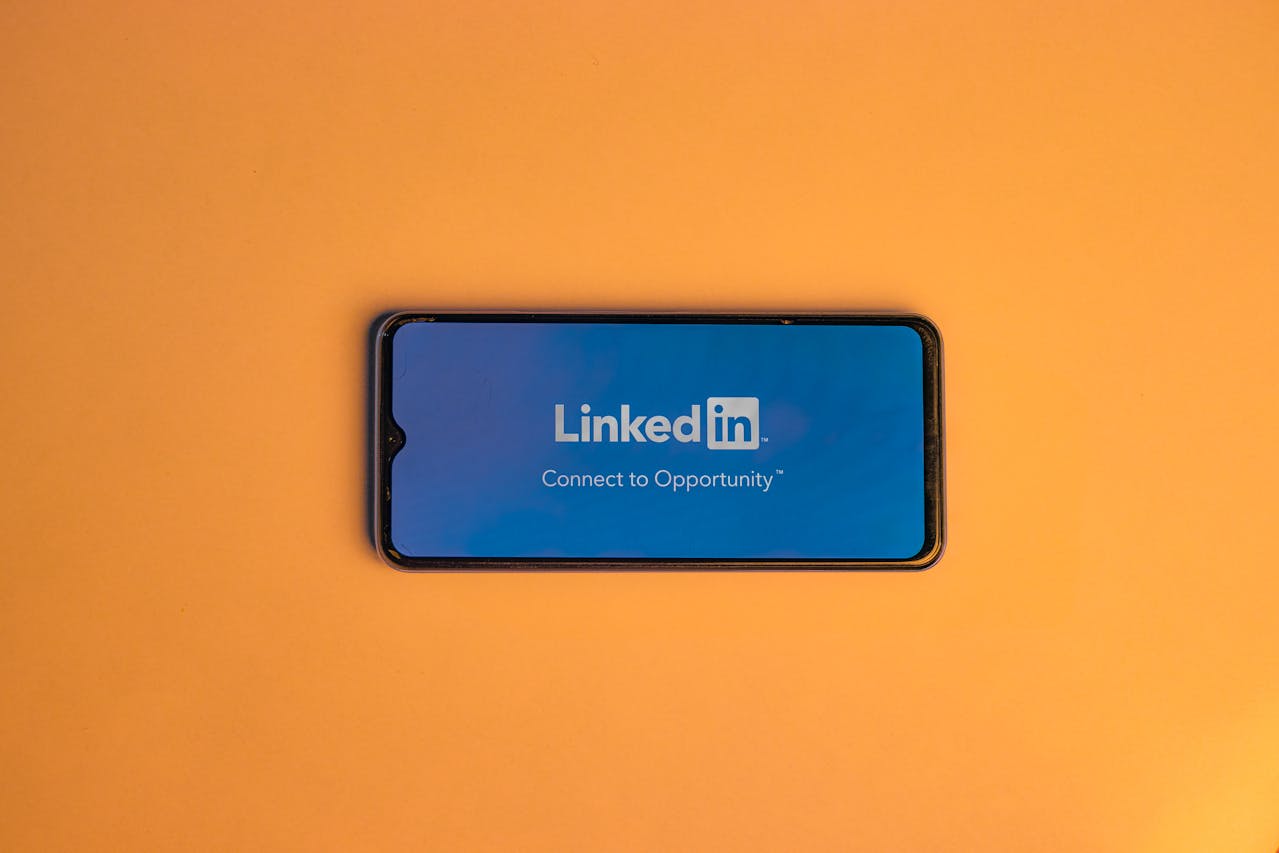
Key Takeaways
- Choose the right platforms: Focus your efforts on the social media channels that best reach your target audience—Instagram for visuals, Facebook for community, LinkedIn for professionals, and YouTube for long-form content.
- Be consistent: Regular posting builds trust, boosts visibility, and strengthens your brand presence over time.
- Use analytics: Track engagement, reach, and conversions to understand what works and refine your strategy.
- Mix your content: Combine educational, lifestyle, and property-focused posts to keep your audience engaged and build credibility.
Social media is now the most pervasive societal phenomenon of our time. With people living their entire lives online, it is now almost an actual substitute for real life. Of course, that’s not a good thing, however from a purely property marketing perspective, it is perfect.
With over 3 billion active users on Facebook, 3 billion Instagram users, nearly 650 million users on X (formerly Twitter), 1.3 billion global members on LinkedIn, and 2.7 billion active YouTube users, nothing else offers landlords and property managers the reach that social media does.
In addition to this vast reach, social media offers tools that let advertisers measure the impact of their marketing, helping them to fine-tune their approach to make it more effective. Furthermore, advertisers can engage with customers and audiences in diverse ways.
Unlike traditional advertising media, where audiences passively consume the message, social media offers opportunities for real engagement. This provides genuine feedback from users that businesses can implement to improve the quality of their offerings.
Keep on reading this guide by JMAX Property Management to learn more about the role of social media in property marketing!
The Top Social Media Marketing Platforms for Real Estate
The first step of building your social media marketing strategy as a real estate professional and property investor is to know which platforms you should and should not be posting on. There are so many social media platforms that you cannot possibly utilize all of them effectively.

Here are the top social media platforms for property marketing and their unique strengths:
This is one of the best platforms for property marketing. Instagram is highly visual, entertaining, educational, and perfect for selling. Instagram’s versatility lets you adapt to any style that suits you.
It offers a searchable profile that you can optimize with the information and links. Instagram is best for selling to millennials and a younger audience. It leans toward short-form video content.
This is where you find the older demographic who are more likely to buy rather than rent a home. The best thing about Facebook is that it allows us to build community. As the largest social media group, Facebook is still one of the best places to advertise property.
It also allows you to find and join a host of communities that are not about real estate, so that you can interact with and sell to their members.
X (formerly Twitter)
X is a great platform for news and current affairs – a great place to know what is trending. If you go to X and type in real estate plus your location, it will show you a list of trending real estate topics in your location. This makes it a great place to get content ideas for other social media platforms.
As a platform for connecting professionals, you can get leads on LinkedIn. But unlike platforms like Instagram and TikTok which can be very flaky, LinkedIn is like a real-life networking event where people want to see proof of your competence.
If you are targeting an older demographic or you prefer a more formal way of presenting information, this is a great platform.

YouTube
YouTube has one of the highest conversion rates of all the social media platforms, making it the number one platform for marketing your property. It gives you the ability to create high quality video of different lengths.
Creating long-form video on YouTube allows you to connect with the kind of people who will actually buy from you. YouTube lets you super-localize your content and create content based on what people are searching. YouTube lies somewhere between Instagram and LinkedIn.
Creating a Social Media Strategy for Property Marketing
Define your Goals and Audience
Your goals can range from creating brand awareness to community building, driving traffic to your website, building an email list, real-time interactions, driving traffic to your property listings, etc.
The demographic you are targeting determines the social media platforms you should focus on and the kind of approach you should adopt on each platform where you are active. Instagram is better for finding tenants for residential properties, while LinkedIn is great for selling homes.
Optimize your Social Media Profile
Optimize your profile with a high-quality headshot if you are posting as an individual or business logo if the profile is for a brand. Craft a compelling bio and make sure to include your location, important links (website and other social media pages) and a Call-To-Action.
If available on the platform, switch to a business profile to boost visibility, create trust and gain access to important analytics. Use niche hashtags to increase your reach.

Create a Content Calendar
A common mistake is to only post on social media when you have something to sell. People will trust you more when you post diverse content that informs, educates and entertains them. People buy from people they know, like and trust.
Building trust and credibility should be the main purpose of your social media platforms. Your pages should have the following types of content: educational content, community and lifestyle information, testimonials, interactive content and property showcase. Create a calendar for when you should post content on each platform you are active on.
Use Paid Advertising
To maximize your reach, take advantage of paid advertising on each platform. Paid ads put you right in front of your audience, ahead of millions of organic posts struggling for visibility. The visibility you get from paid ads also trickles down to your organic posts.
By using the platform’s analytics, you can gain valuable insights into the kinds of people engaging with your ads. This information allows you to target your ads better, so that over time you get even better results for spending the same amount of money.
Track Your Progress
By evaluating the impact of different strategies you learn what works and what doesn’t work. And by doing less of what doesn’t work and more of what works, you improve your results. To do this effectively however, you must know the right metrics to monitor.
Whether you track engagement rate, follower growth, click-through-rate, lead generation or conversion depends on your marketing goals and the kind of content you are creating.
Finally, to succeed with social media marketing you need focus and consistency. You will confuse the platform’s algorithm when you post content without a clearly-defined niche. Also, if you post occasionally, you lose any traction gained from your last post and you must start over again each time.
To see meaningful results over time, you must define your niche, decide on a posting frequency that works for you and stick with the plan.
Bottom Line
Social media has become the most powerful tool for property marketing, helping you reach wider audiences, build trust, and generate leads faster than ever. By choosing the right platforms, posting consistently, and tracking your results, you can turn online engagement into real-world success.
Ready to grow your property business? Contact JMAX Property Management today to start building a winning social media strategy that delivers results.


